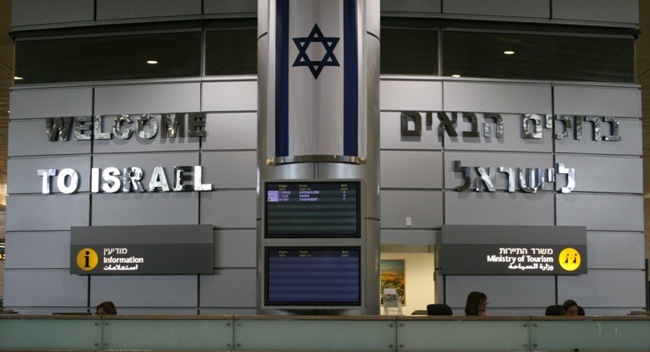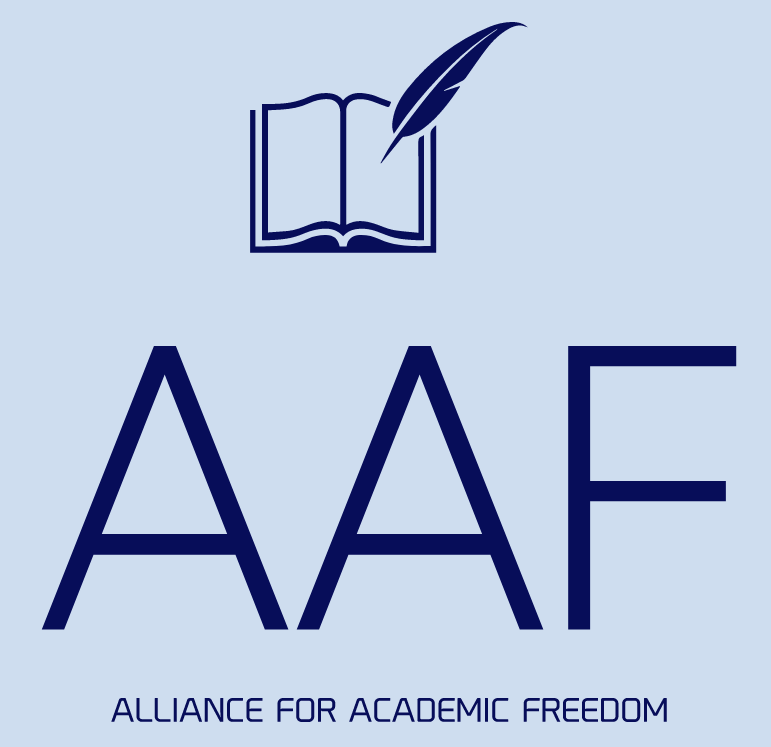Free societies must give as wide latitude as possible to the speech both of their citizens and their foreign visitors. Some countries punish hateful speech or historical denial that functions as hateful speech; others restrict only speech embodying a call to violence or causing imminent danger of mass panic risking bodily harm. Speech constituting defamation, on the other hand, is subject to civil action in the courts, though laws defining its character vary from country to country. Despite these differences, there is wide recognition that free political speech is fundamental to every democratic society.
The Alliance for Academic Freedom (AAF) joins the chorus of those organizations asserting that the Israeli government has violated the principle of free speech with its March 2017 ban on foreigners visiting Israel who directly or indirectly support full or partial boycotts of Israeli products or institutions. The law would punish those advocating boycotts either in Israel proper or on the West Bank. As a scholarly group, the AAF is particularly concerned about the way the BDS ban stifles the international exchange of ideas. Indeed the law punishes speech protected both for Israeli faculty themselves and for foreign faculty in their home countries. It amounts to an assault on academic freedom, the single most fundamental principle undergirding the academy worldwide.
The AAF advocates more, not less, dialogue between faculty worldwide holding similar or different political views. Of course the law cannot actually prevent the spread of ideas. It serves only to interdict their engagement through international dialogue in Israel itself. The symbolic and real harm done to Israeli democracy is at once unwelcome and tragic. The AAF has, for example, been consistently opposed to all academic boycotts, but we defend the right all faculty members have to advocate for them. The coming months may see academic societies compelled to take actions in response to the law with both economic and professional consequences. It will be difficult, for example, for academic organizations to hold meetings and conferences in Israel if some of the attendees would be barred from entering the country. Ironically, this bill will do more to isolate Israeli academics and academic institutions than the few resolutions endorsing academic boycotts that have been passed by academic associations.
The law, moreover, cannot be fairly administered. It empowers officials to make inherently unreliable judgments about individual convictions with no assurances about the standards at issue and with no due process for appeal. It potentially bars entry to visitors who oppose both academic and general boycotts of Israel if they take an ethical stand against purchasing West Bank products.
It sanctions members of organizations that advocate boycotts even if those members opposed boycotts and fought their endorsement. It thus pressures supporters of Israel to resign from offending organizations rather than work to reform them from within.
The law’s chilling effects herald additional potential restrictions on speech that could eventually put Israelis themselves at risk and further undermine Israeli democracy The values built into the law suggest it may lead to sanctions against Israelis who endorse boycotts or take a public stand against purchasing west Bank products.. It is difficult to avoid the conclusion that the Knesset endorsed the law without fully evaluating its intended and unintended consequences.
The AAF therefore urges the Knesset to repeal this law. We continue to offer our support for actions that sustain Israeli democracy and that lead to a just two-state solution to the Israeli-Palestinian conflict.
For More Information, Contact Professor Cary Nelson, AAF Chair at: crnelson@illinois.edu

